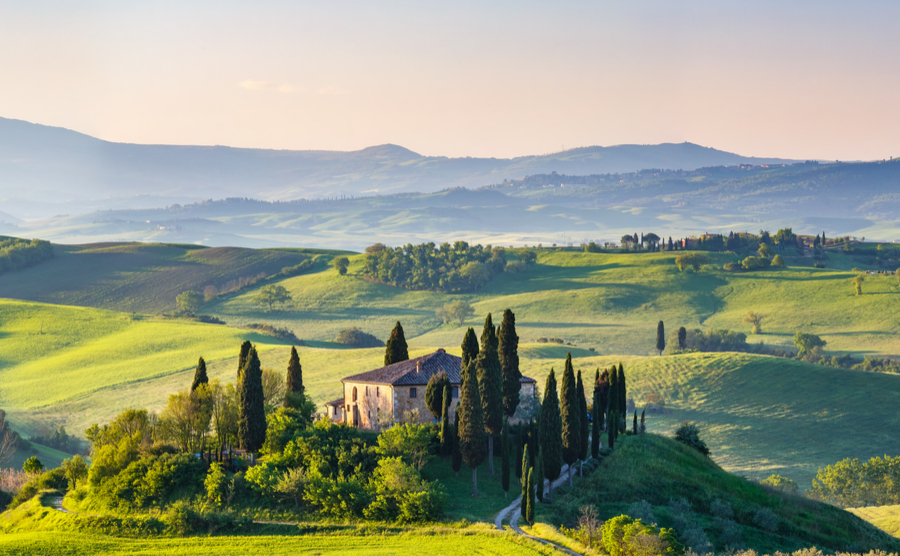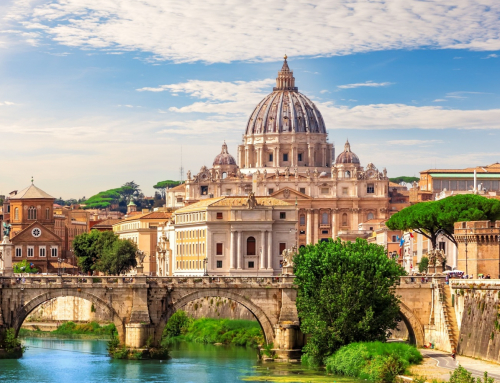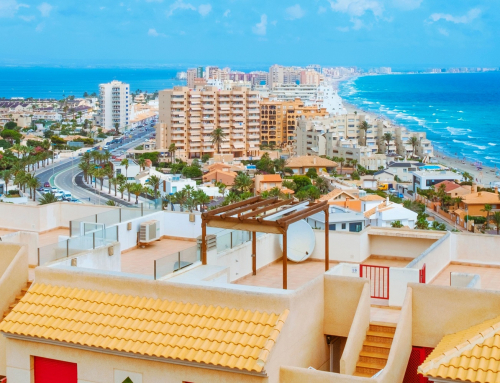The Italian property-buying process can seem something of a minefield to the uninitiated, and it can be worrying purchasing from abroad – but this is easily alleviated with the help of specialists in buying from abroad. So, who are the key players to involve, what are their roles and how do you get the most out of them?
1. Estate agent
Your estate agent, or agente immobiliare/mediante in Italian, will of course be a key figure. A good one will help speed up and focus your search, using local knowledge to find areas that would suit you – and potentially suggest ones that you wouldn’t have thought of. Their viewing trips will not be salesy – the opposite is a sign of a poor agent. Instead, they’ll let the houses stand on their own merits, keeping their role to explanatory and guiding.
In Italy, it’s important to make sure that you know whether your agent is an agente immobiliare or mediante. A mediante, a sort of mediator, has a slightly different legal status. They can claim commission for just putting the buyer and seller in touch – but they will have fantastic expertise. Just be aware of the situation and you’ll find the Italian property-buying process smooth!
2. Notary
The notary is one of the more unfamiliar figures to what an Italian would call an ‘Anglo-Saxon’ audience! Their role is to represent the Italian state, not the buyer or the seller. Many UK and Irish buyers really like this aspect of the Italian property-buying process, as it gives a surety that everything is being doing according to the law. They neither represent you nor the seller – and have no reason to be biased, as their fees depend on being impartial, but simply make sure all documents are correctly drawn up, authorised, witnessed and recorded.
3. Geometra
The geometra is a bit of an Italian peculiarity. They’re a bit like a surveyor, with added ‘estate-agent-like’ tasks, as well as a supervisory role. They’ll investigate the Land Registry to find out more about the property and ensure everything’s in order, and can prepare small plans for renovation works that don’t require an official architect. They can check contractor bids and will also verify that the seller’s claims on gas, water and lighting standards are correct.

Your solicitor will help you with any thorny issues of the Italian house-buying process.
4. Solicitor
Your solicitor is another key figure. It’s best to use an Anglo-Italian one, ie based in Italy and fluent in the two languages. They’ll know how to do any extra searches on the property, and to look out for any legal pitfalls in the Italian property-buying process. For example, if you’re buying an agricultural property, you need to be sure that there aren’t any rights for neighbours to still make first offers.
They’ll also help to structure the property purchase, including inheritance. Did you know that Brussels IV still applies after Brexit? This is a rule whereby you can choose to have either Italian (or whichever EU country you’re in) law apply to the inheritance, or British law. This only applies if Italy is your permanent residence.







